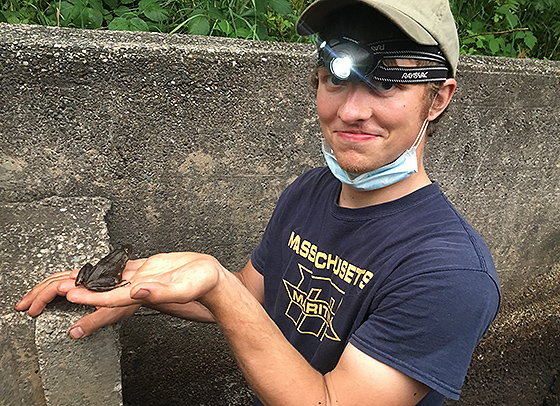Presenting to Mass Maritime Academy Cadets

NECWA in action is what it is all about! We understand the importance of educational outreach to interested young professionals like the Cadets at Mass Maritime Academy. Last week, Krill Carson and Helen Granger presented NECWA's work with marine wildlife strandings to a group of interested cadets. At the end of Krill's presentation, Jack Gerrior and Coleman Earner talked about their experiences with NECWA last fall and early winter as they worked with NECWA through the college's coop program. Both were eager to talk about their work and experiences out in the field rescuing live animals and documenting dead ones. Jack and Coleman were amazing members of our team last fall and we miss them very much. But we are so proud of all of their work and accomplishments.









